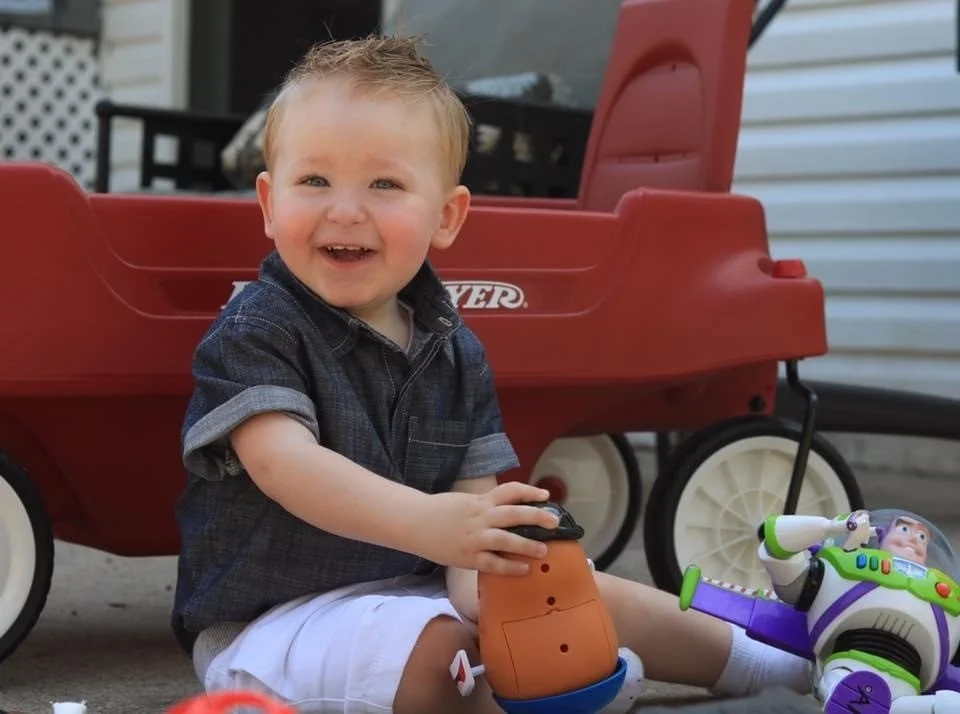Social-Emotional Abilities: 0-36 months
Is your child meeting their social-emotional abilities? Be on the lookout for these abilities as your child grows.
They are encouraging signs that your child is making progress in their social and emotional development.
Missing one or two abilities should not cause alarm, as every child develops differently.
However, if they are missing multiple abilities, be sure to talk with your healthcare provider.***
What you can do to help your child's social-emotional development.
Be a model of the emotions and behaviors you want your child to show. You are your child’s first teacher and they look up to you as a role model.
Be responsive to your child’s emotions and behaviors. Responding will help to develop trust between you and your child.
Ask open-ended questions, such as “What would you do?” to help develop problem-solving skills.
Use stories to talk to your child about different social situations and how each person might be feeling.
Encourage kids to try new things and learn how much they can do.
Play games to teach kids how to take turns, share, and negotiate.
Ask your child questions when they are upset. These questions can be about why they are upset, or offering alternatives to understand the root of their unhappiness. For example, “Would you like to brush your teeth or take a bath first?"







